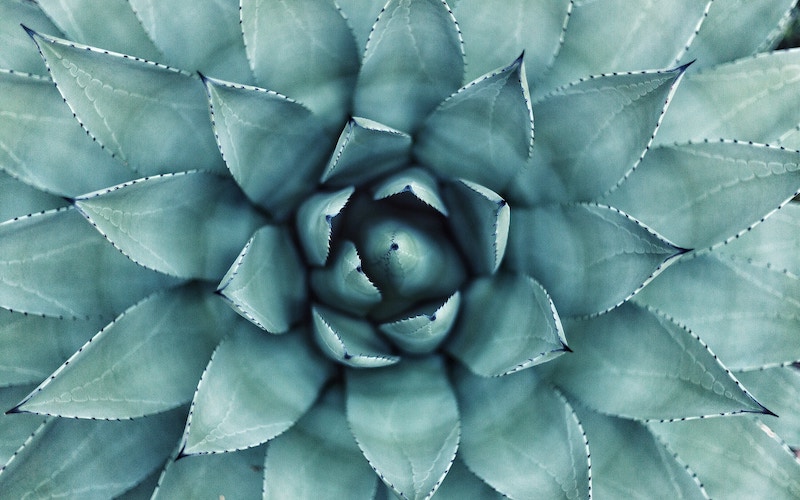Zhuangzi: Dragging Our Tails in the Mud
Episode #9 of the course The philosophy of happiness by Dr. Will Buckingham
Welcome to our penultimate lesson!
Today, we are going to be looking at another philosopher from China. Today’s philosopher is Zhuangzi (sometimes written Chuang-Tzu). His approach to happiness was different from that of Confucius. Zhuangzi offers a challenge to many of the ways we think about happiness. Much of the culture of thinking about happiness is aspirational. And no wonder: We want to be happy. We aspire to happiness.
What could be wrong with this? Zhuangzi’s answer is that everything is wrong with this. He thinks that aspiring to happiness is counter-productive. He thinks that in searching for happiness, we are just running around and making our lives more difficult. When we think, “I’ll study Stoicism and see if I can be more happy,” or, “I’ll take up meditation and cultivate happiness,” Zhuangzi sees this as making a fundamental mistake. We are committing ourselves to the idea that Stoicism, meditation, or whatever approach we take might be useful. But the reality is this: Happiness can be found only if we embrace the uselessness of life.
Tortoises, Living and Dead
We don’t know much about the historical Zhuangzi. The book named after him (simply called the Zhuangzi) is a compilation. But scholars think that at least seven of the books’ chapters (often called “the inner chapters”) can be attributed to a single author from the fourth century BCE.
In the absence of any plausible biography, the following story about Zhuangzi from the inner chapters gives a good flavor of his philosophy.
Once, Zhuangzi was hanging out by the river when a few court officials turned up and offered him a ministerial job. You would think he would have leaped at this promotion, but Zhuangzi refused. “There’s a temple in the state of Chu,” he said, “where there is the shell of a sacred tortoise that has been dead for 3,000 years. The shell is covered in silk and kept in a carved box. It is honoured with rituals by the king. But tell me … would that tortoise be better off in the temple or here by the river, dragging its tail in the mud?”
The officials agreed that the tortoise by the river was having a much better time of it. “Right then,” Zhuangzi said. “Get lost. Leave me to drag my tail in the mud.”
The Usefulness of Uselessness
Zhuangzi’s response is shocking but it is not unwise. Chinese courts were notoriously dangerous. One wrong word, and you could be as dead as a temple tortoise.
Zhuangzi extends this argument to say that making ourselves useful is risky. There are several stories in the Zhuangzi about useless trees that are so bent and twisted that they are unusable. The upright, beautiful trees are cut down and made into things. The twisty, gnarled trees are left alone.
In this world, if you want to thrive, you need to be ugly, a bit bent out of shape, and useless. As the Zhuangzi puts it, “Everybody knows the usefulness of usefulness, but nobody knows the usefulness of uselessness.”
The Hedonic Paradox
Zhuangzi’s argument is that in trying to be useful, we wear ourselves out and put ourselves in the way of danger. In struggling to be happy, we miss out on happiness. This is known as the hedonic paradox: You can’t get to happiness by aiming at happiness.
But Zhuangzi offers us a more radical challenge. He is trying to undermine the deep-rooted conviction that our lives have to be useful. This is a motive that runs through many of the ideas of happiness we have explored, where happiness is either seen as a goal or related to our achievement of goals.
Zhuangzi asks what our lives would be like if we stopped being useful and put conscious goals to one side. Wouldn’t it be fun to just drag our tails in the mud? Think about this: Are there any occasions where trying to be useful led to you being less happy?
In tomorrow’s lesson, we’ll explore the different approaches to happiness that we have looked at in this course, and we’ll ask: What does happiness mean to you?
All the best,
Will
Recommended book
Zhuangzi: The Essential Texts by Brook Ziporyn
Share with friends

